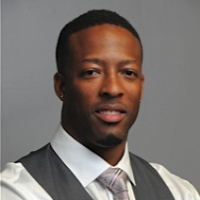Somers RICO Act Lawyer, Connecticut
Sponsored Law Firm
-
 x
x

Click For More Info:
-
Andrew M Amendola, Attorney at Law
591 Thompson Avenue East Haven, CT 06512» view mapAccident & Injury, Criminal, Estate, Real Estate Where Every Client Matters
Let Andrew M Amendola, Attorney at Law handle all your legal needs today@
800-942-4780
Not enough matches for Somers RICO Act lawyer.
Below are all Somers Criminal lawyers.
Donald Edwood Howard
Car Accident, DUI-DWI, Slip & Fall Accident
Donald is orginally from Chicago, Illinois. He is 2003 graduate of Mississippi State University (MSU). He received his Masters in Public Policy Admini... (more)
John M. Loconsolo
✓ VERIFIEDAccident & Injury, Estate, Divorce & Family Law, Criminal
John M. Loconsolo is a practicing lawyer in the state of Connecticut handling personal injury, criminal, family law, and estate cases.
Jason W. Messina
Landlord-Tenant, Workers' Compensation, Criminal, Accident & Injury, Divorce
Status: In Good Standing
 Andrew Amendola East Haven, CT
Andrew Amendola East Haven, CT AboutAndrew M Amendola, Attorney at Law
AboutAndrew M Amendola, Attorney at Law


